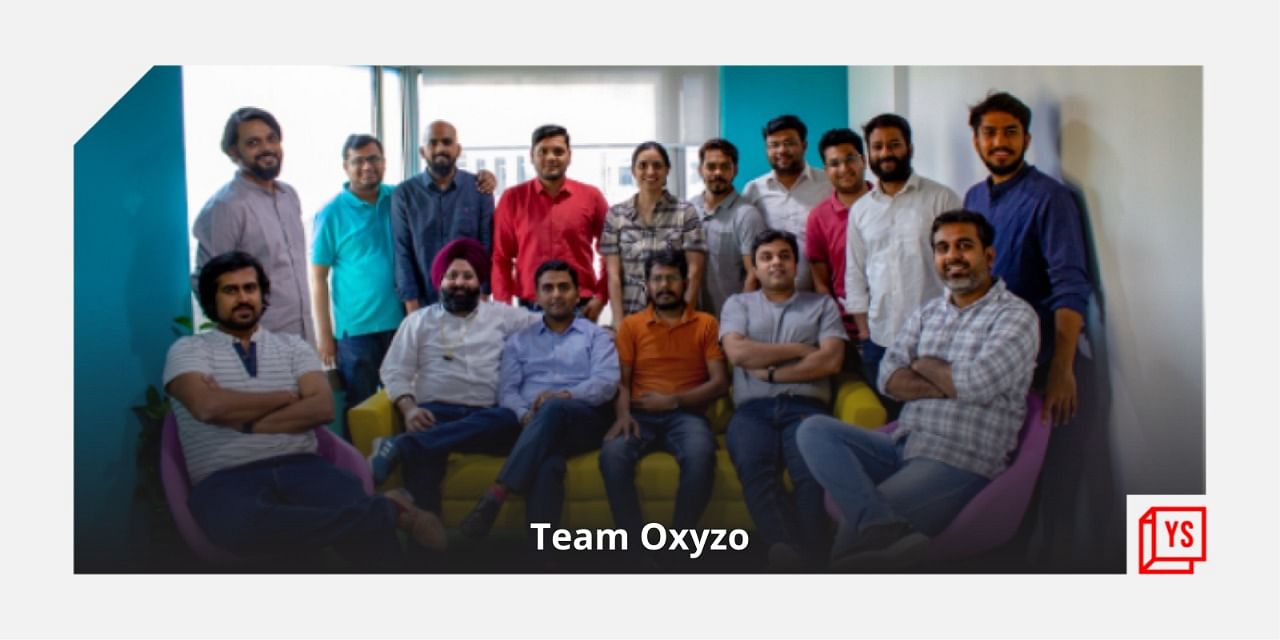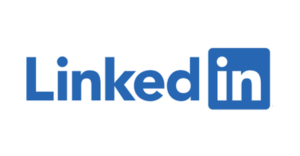The upward swing in India’s manufacturing sector, undeterred even by COVID-19, has been one of the most important things that helped Gurugram-based SMB credit startup Oxyzo Financial Services, which turned unicorn today, grow over the past couple of years, says Ruchi Karla, Co-founder and CEO.
“Government spending on infrastructure has increased significantly mostly because that provides for more jobs, opportunities and so on…that has been a big boost for us at Oxyzo,” she adds.
Oxyzo, a unit of — a 2021 unicorn — essentially provides loans to small businesses based on their cash flows, which they use to buy raw materials, as well as invest in building their own manufacturing capabilities, among other things.
Earlier today, the startup made news of its $200 million Series A fundraise public, and said that it aims to use the capital infusion to expand its digital financial services play, scale its supply chain marketplace, and launch a fixed income product for SMEs.
What Oxyzo offers and does is nothing new. There are others in the ecosystem — , , , , , , to name a few — that do much of what Oxyzo does, and they’re all mostly vying the same large, addressable market, with a few differences here and there.
But, how Oxyzo sets itself apart from its competitors is in the way it approaches the value chain of borrowers.
“We’re very selective in saying that these are the anchors we need (when we evaluate your credit history)…we are not looking to underwrite people who do not have any credit history,” Ruchi says.
While it may look like a minor point of difference versus other players, how Oxyzo’s strategy helps it is when it comes to loan recoveries. It’s easy to judge a business’ creditworthiness and its ability — and more importantly, propensity — to pay back a loan if it has done so consistently in the past. Oxyzo, therefore, assumes a much lower risk of a loan write-off than some of its competitors do when they go down the value chain and extend credit to businesses that have never borrowed before.
Addressing demands from SMBs at the top of the value chain, strong, tech-driven underwriting practices, and macroeconomic factors such as a growth spurt in India’s manufacturing sector have helped plump up Oxyzo’s loan book over the past two years, it tells YourStory — but an even bigger spark plug for it has been the change of perception around loans in India.
For a country that believes in “stretching your legs according to your coverlet”, loans — for consumers and businesses, both — have been viewed somewhat less favourably.
COVID-19 changed that.
The SMB sector was among the worst hit during the pandemic, with reports estimating some 59 percent of them had to either shut shop completely, or scale down their operations and look at exigencies. To meet even working capital requirements and keep their heads above water, businesses were forced to flock to government bodies for the ELGCS (emergency credit line guarantee scheme), and tap banks, startups, and the private sector for loans.
Loan appetite in the consumer and business sectors have quantifiably improved in India, and credit is no longer the monster that leads to one’s “ultimate financial cataclysm.”
For Oxyzo, that increased loan appetite has translated into a 2.8X growth in its AUM (assets under management) from Rs 900 crore in the financial year 2020, to Rs 2,600 crore in the financial year 2022. And all this while managing to control its loan assets ratio — 1 percent in FY20, 1.2 percent the next year, and 1.25 percent currently.
Another thing that has worked in the startup’s favour has been its incisive focus on profitability, and Ruchi says the company has been conscientious and proactive in shuttering any businesses and products that have not worked or netted a decent return on capital.
Next, the startup is hoping to build out its supply chain financing operations.
“I think there is more opportunity on the supply chain side and a lot of banks are focusing on that…people are designing different kinds of products, but now the focus has been more on how do you embed yourself much deeper into a supply chain than just invoice discounting, and take more of an integrated solution and an ecosystem approach,” Ruchi says.
Oxyzo’s latest $200 million Series A funding round saw participation from investors such as Alpha Wave, Tiger Global, Norwest Venture Partners, Matrix Partners and Creation Investments, and valued the company at $1 billion.










